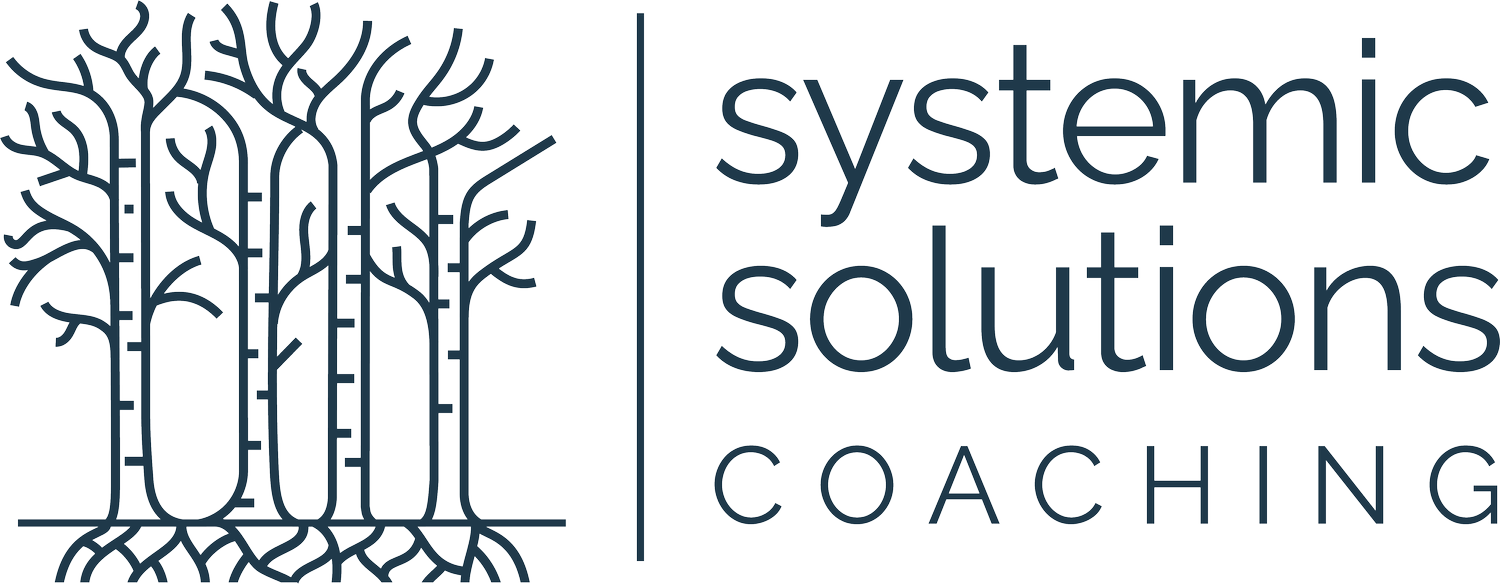The Overlooked Pillar of Therapeutic Success: Family Programming that Actually Works
Every week, I speak with families transitioning from wilderness therapy into residential treatment centers or therapeutic boarding schools. And almost every week, I hear a version of the same concern:
"We felt so supported during the wilderness program. Once we transitioned, it was like we disappeared."
These are not disengaged or apathetic parents. They are committed, thoughtful, and hungry for guidance. They’re also often disoriented by the abrupt drop-off in family support when their child moves from a high-touch wilderness program into a long-term treatment setting.
Having spent years supporting families and developing family programming, I’ve seen firsthand what’s possible when families are intentionally engaged—not just informed. And I’ve come to believe that family programming is one of the most overlooked levers for long-term success in residential treatment.
Why Family Work Is Too Often an Afterthought
Many residential and boarding programs are deeply invested in the well-being of their students. They staff up clinically, build thoughtful academic structures, and create safe environments. But when it comes to families, the approach is often reactive or surface-level. A few scheduled calls. A parent weekend. Perhaps some discharge planning.
That’s not enough.
Families are the context to which children return. If that system hasn’t shifted alongside the child, the risk of regression skyrockets. We cannot reasonably expect long-term growth in young people without attending to the ecosystems they’re heading back into.
The Risks of Under-Investing in Family Programming
When programs under-engage families, several predictable problems emerge:
Parents feel excluded from the treatment process and lose trust in the program.
Students feel misunderstood at home post-discharge, leading to conflict or shutdown.
Staff are left to manage complex family dynamics without adequate training or support.
Progress made by the student stalls or unravels due to unchanged family patterns.
Engaged parents are seen as problems because they ask questions that staff are not adequately prepared to answer.
Therapists and staff flounder as they cannot connect the program's “what” to the program’s “why.”
These are not anomalies—they are systemic outcomes of insufficient family programming.
What Robust Family Programming Can Do
When a program takes family systems seriously, the ripple effects are profound. Thoughtful, structured family programming:
Equips caregivers with language, insight, and tools to support their child’s growth.
Helps parents shift from fear and control to clarity and connection.
Builds alignment between clinical work and the family’s home dynamics.
Reduces relapse rates and improves discharge success.
Strengthens staff clarity and investment by connecting daily work to the program’s deeper mission.
It doesn’t have to be complicated. It does have to be intentional.
A Better Way Forward
Through Systemic Solutions Coaching, I consult with programs looking to strengthen their family programming without overhauling their entire model. Sometimes that means designing a structured curriculum. Other times, it means training staff in systemic thinking or supporting parent engagement through coaching.
The first step is often just asking the right questions. Questions like:
What are the key skills every family should leave with?
Who "owns" family programming on your team?
Are families being invited into the work, or just receiving updates?
In the next post, I’ll share 21 reflection questions that can help any program take a fresh look at how they engage families—and where they might improve.
Final Thought
If your program prides itself on preparing students for real-world success, ask yourself this: Are we equally committed to preparing families for that success? If not, the gap may be wider than you think.
Let’s Connect
I work with therapeutic programs across the country to build family systems that support sustainable change. If you're curious about how a strategic tune-up to your family programming could improve outcomes and reputation, I’d love to talk.
And if you’re a parent who’s not receiving the support you need from your child’s program, you’re not alone—and you don’t have to navigate this on your own. Systemic Solutions Coaching offers direct coaching and support for families, too. Reach out. We’re here to help.

